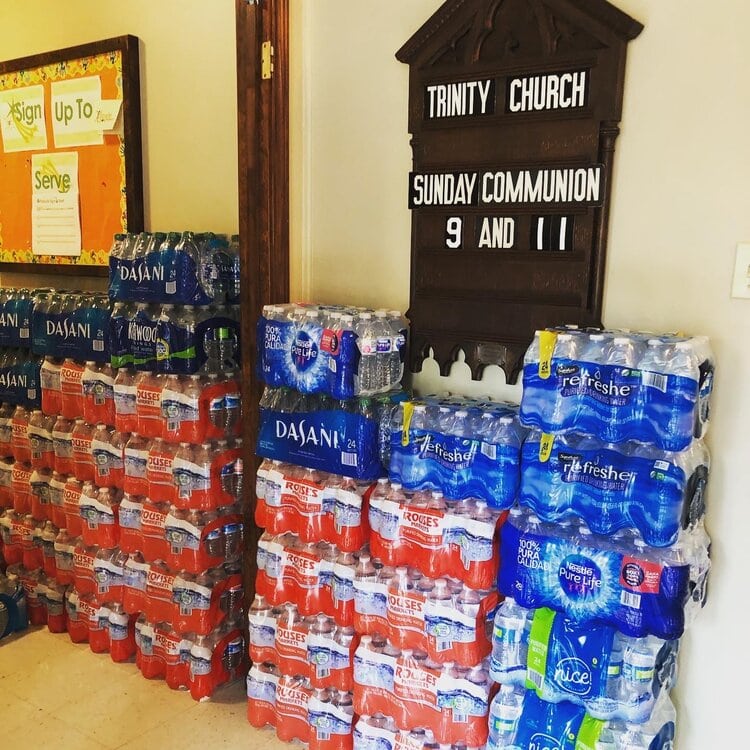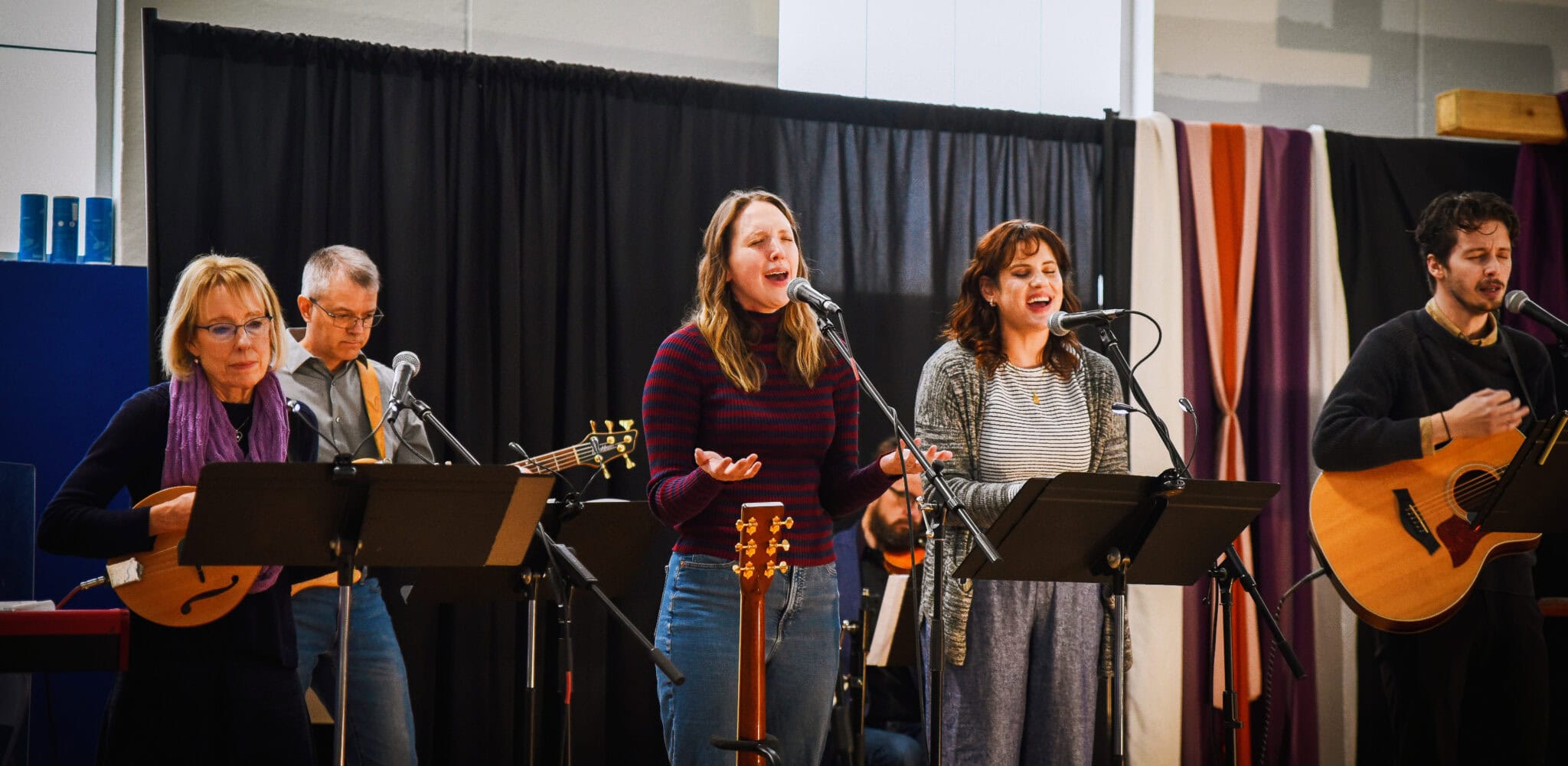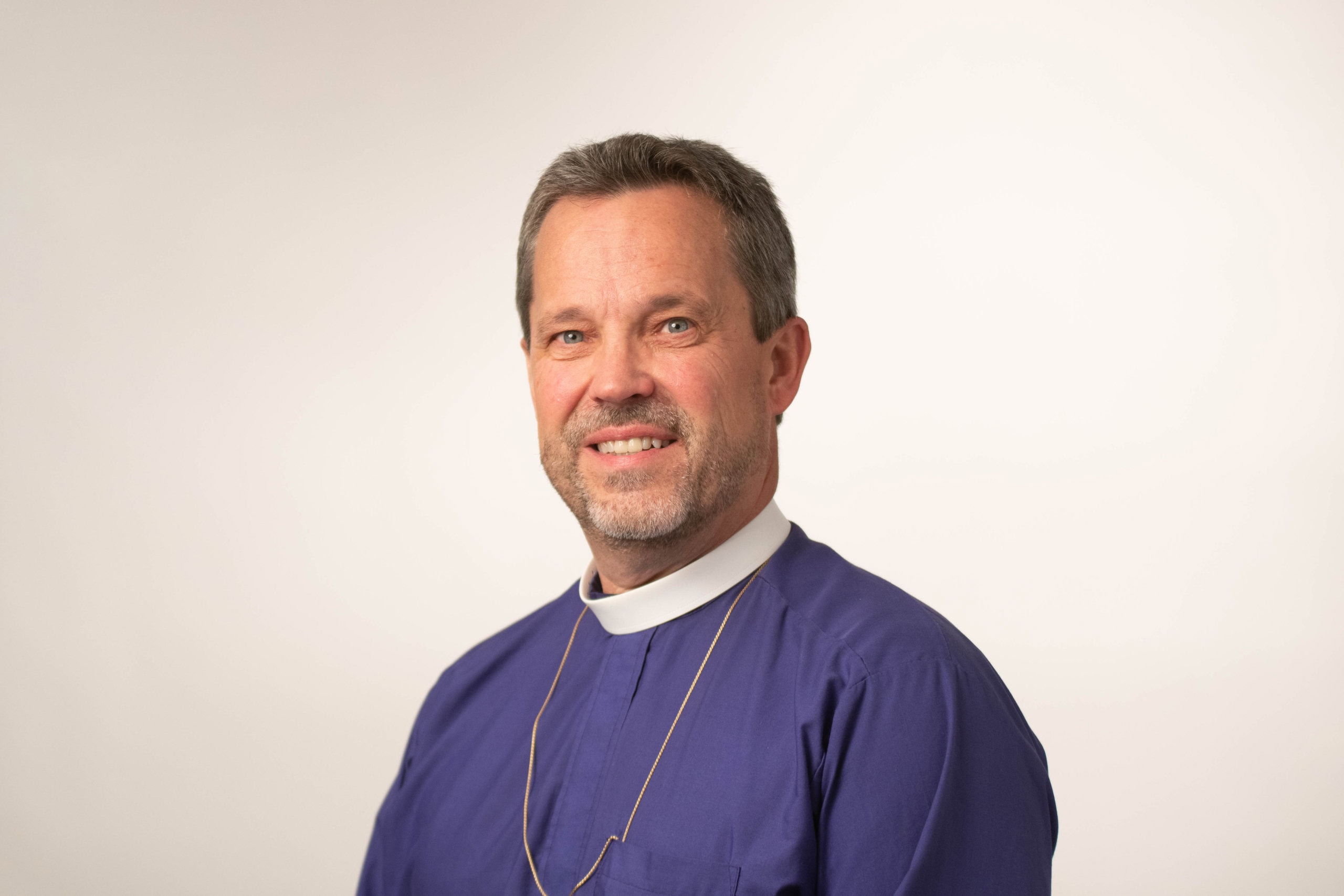Lake Charles, Louisiana
Hurricane Laura made landfall shortly after midnight on August 27, 2020. In the year of a pandemic, natural disasters are an extra burden.
While Hurricane Laura has not been as deadly as first anticipated, it is responsible for more than 60 deaths and up to $12 billion in damage. Power and water systems are down and are not expected to return for weeks or months.
In the aftermath, the Anglican Church has sprung into action. The Rev. Peter Johnson, Rector of Trinity Anglican (Lafayette, LA) and a host of volunteers have been making daily runs into the towns in and around Lake Charles, bringing crucial supplies.
Rev. Peter continues, “One of our Louisiana churches, Good Shepherd in Metairie, collected water that was then flown into areas that had become inaccessible by road.”
In Rosepine, LA, volunteers delivered ice in response to an urgent need. When they arrived, there was a long line of people waiting. Yet every person in line got a bag of ice, with two bags leftover!
Disaster relief efforts continue to bring hope and heartwarming moments, despite the ongoing challenges. For example, because of the storm, pregnant women from Lake Charles were delivering babies in Lafayette, 75 miles away. But then once the babies were born, these families could not go back to their homes, due to the damage from Hurricane Laura. The churches in Lafayette have rallied to help. Rev. Peter reports, “we were blessed to provide them diapers and baby clothes.”
What an amazing opportunity for people of God to serve. Please join us in praying for those affected by the storm and for the volunteers who are serving them.
“Amidst the devastation, it has been so encouraging to see the churches spring into action. The love of neighbor is on display, all in the name of Christ.”
Rev. Peter Johnson
ARDF has already committed funds to these efforts. Join us so that more people might see the tangible love of Jesus through the local church.
Give to Hurricane Laura relief efforts here.
This article was originally published by the Anglican Relief and Development Fund. It is reproduced here with permission. To view the original post, click here.






